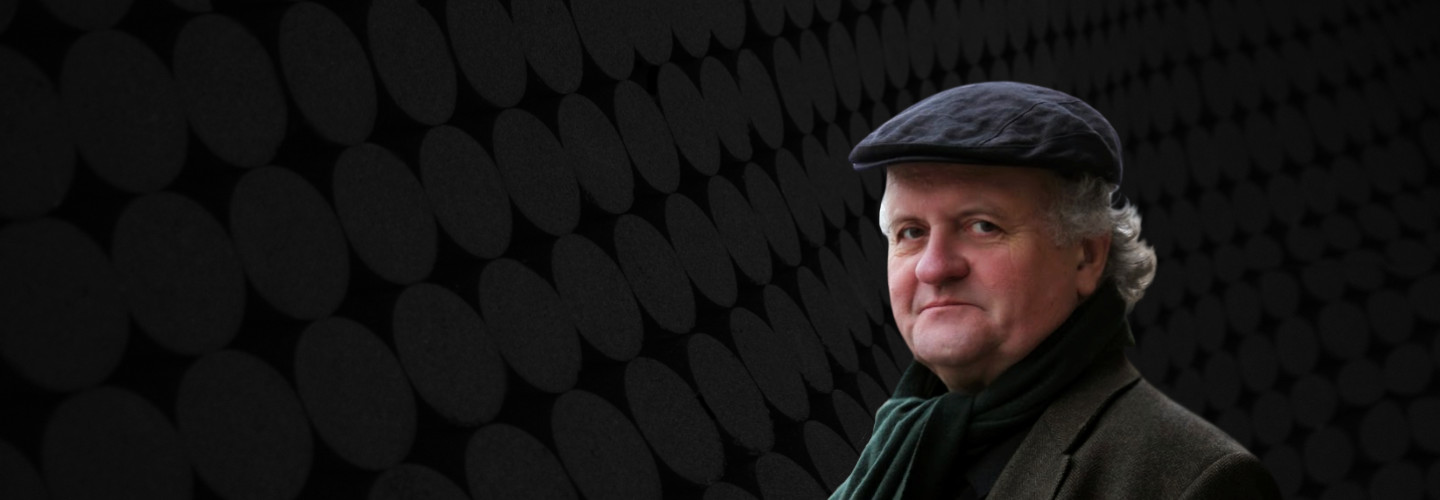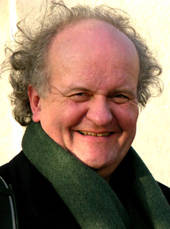

Wolfgang Rihm
Die Hamletmaschine
Short instrumentation: 2 2 2 2 - 4 3 3 1 - timp, perc(6), pno, str(14 12 10 8 6)
Duration: 90'
Textvorlage: Heiner Müller
Libretto von: Wolfgang Rihm
Choir: SATB (also speaking choir): at least 12S, 12A, 12T, 12B
Roles:
Hamlet I (aged actor)
Hamlet II (young actor)
Hamlet III (baritone)
Ophelia (Wagnerian soprano)
3 Ophelia-Doubles: Marx
Lenin
Mao - 3 "naked women"
"voices from the casket" (1st very high soprano
2nd soprano and 3rd mezzo-soprano)
4 laughing people (2 women
2 men)
3 screaming people (men)
some silent parts
Instrumentation details:
1st flute(1) (+picc)
2nd flute(1) (+picc)
1st oboe(1) (+bass cl)
2nd oboe(1) (+c.a)
1st clarinet in A(1) (+cl(Eb))
2nd clarinet in A(1) (+bass cl(Bb)
cl(Eb))
1st bassoon(1)
2nd bassoon(1) (+cbsn)
1st horn in F(1)
2nd horn in F(1)
3rd horn in F(1)
4th horn in F(1)
1st trumpet in C(1)
2nd trumpet in C(1)
3rd trumpet(1) (+trumpet, high)
1st trombone(1) (+bass tpt)
2nd trombone(1)
3rd trombone(1)
contrabass tuba(1)
piano(1)
timpani(1)
1st percussion(2)
2nd percussion(2)
3rd percussion(2)
violin I(14)
violin II(12)
viola(10)
violoncello(8)
double bass(6)
Rihm - Die Hamletmaschine
Sample pages
Audio preview
Work introduction
The story was well known, about Prince Hamlet and his unhappy bride Ophelia. The playwrights of the 1970s and 1980s were not in the mood for telling stories, however, particularly because so much was going wrong at the time. Well-trodden behavioural patterns therefore had to be broken apart, and the same old paths of causality demolished. To be or not to be: who was seriously interested in that kind of a question when there was a completely irrational possibility that our world would be destroyed by an atom bomb? A kind of theatre that is now called “postdramatic” was created on stage – a form of presentation where little is explained but there is still a lot of talking. One of the first texts for this kind of play is Heiner Müller’s Hamletmaschine, which was written in 1977. After that, stages were never the same as before.
Wolfgang Rihm read Müller’s Hamletmaschine shortly after it was published, and he recognised something crucial: this meta-text for Shakespeare’s tragedy Hamlet, which itself hardly conveys any action and ultimately even promotes freeing the actor from his role and the supremacy of the author, contained a solution for the crisis experienced by contemporary music theatre at the time. Its best representatives were still backing literature-based opera, but Rihm had something different in mind than cohesive structures for the storyline: “total theatre”, which retains its proximity to Wagner’s idea of the overall work of art, in which the music creates the drama out of itself, as it were.
Rihm’s setting, or rather his comprehensive musical version of Müller’s Hamletmaschine, which was premiered in 1987 in Mannheim, is therefore a milestone of recent opera history.

